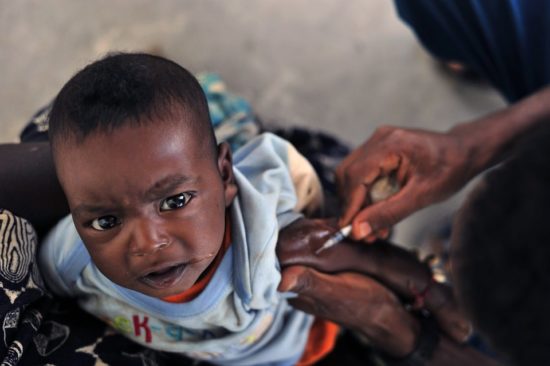Impact of antibiotics on gut microbiome composition and resistome in the first years of life in low- to middle-income countries: A systematic review
Inappropriate antimicrobial usage is a key driver of antimicrobial resistance (AMR). Low- and middle-income countries (LMICs) are disproportionately burdened by AMR and young children are especially vulnerable to infections with AMR-bearing pathogens. The impact of antibiotics on the microbiome, selection, persistence, and horizontal spread of AMR genes is insufficiently characterized and understood in children in LMICs. This systematic review aims to collate and evaluate the available literature describing the impact of antibiotics on the infant gut microbiome and resistome in LMICs.
In this study, we observed that antibiotics significantly reduce the diversity and alter the composition of the infant gut microbiome in LMICs, while concomitantly selecting for resistance genes whose persistence can last for months following treatment. Considerable heterogeneity in study methodology, timing and duration of sampling, and sequencing methodology in currently available research limit insights into antibiotic impacts on the microbiome and resistome in children in LMICs. More research is urgently needed to fill this gap in order to better understand whether antibiotic-driven reductions in microbiome diversity and selection of AMR genes place LMIC children at risk for adverse health outcomes, including infections with AMR-bearing pathogens.
AMR NEWS
Your Biweekly Source for Global AMR Insights!
Stay informed with the essential newsletter that brings together all the latest One Health news on antimicrobial resistance. Delivered straight to your inbox every two weeks, AMR NEWS provides a curated selection of international insights, key publications, and the latest updates in the fight against AMR.
Don’t miss out on staying ahead in the global AMR movement—subscribe now!







